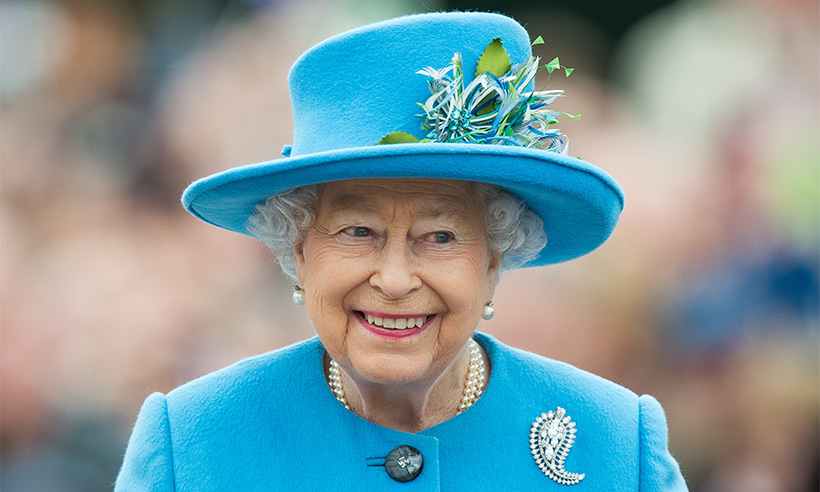
I could lift you up
I could show you what you want to see
And take you where you want to be
Safe and Sound, Capital Cities
I found out last week, to my pleasure and surprise, that I’ll have the privilege of taking luncheon with The Queen and The Duchess of Sussex in Chester’s Town Hall. Although I very much doubt I’ll end up on top table betwixt their majesties, I can’t help feeling that I’ve won a little regal jackpot.
My only previous experience of being in the company of a royal was a long time ago during my first teaching job at Eton. The school’s entire staff had been invited to an evening at St James’ Palace with the Queen Mother as part of its 400th anniversary celebrations (the school, not the Queen Mum). I’m ashamed to say that when her majesty arrived I was busy tucking into the rather fine spread that had been provided for the occasion. Eton’s Headmaster at the time, Eric Anderson, grabbed me from the buffet table and brought me face-to-face with our host who promptly asked what my academic speciality was. I have since seen the vacant and glazed look that greeted me many times during my explanation of glaciological processes.
At the risk of insufferable smugness in such recollections, the reason I mention these things is that they provide two examples of major role models in my life. Eric Anderson, my first Headmaster (as a teacher), was a particularly strong early influence in my career. Memorably wise and economical with his words, he managed to convey remarkable authority simply through his presence and spare use of language; down-to-earth, pragmatic and a paragon of integrity, he led Eton quietly but inspirationally. I have often quoted what he said about leadership – ‘something that should be done, not talked about’.
Although you would never catch me in a tent outside Buckingham Palace, I have always greatly admired the Queen in the way she has served the nation; something, we should always remember, she had very little choice over. With all that we hear about Great Britain losing its influence and character in an increasingly globalised world, she has retained that air of noble calm and stoicism that makes our nation so distinct. At the remarkable age of 92 and following a recent major eye operation, she resolutely carries on; ‘I can see clearly now, my reign goes on’ as she might say.
I’ve been enjoying telling the Junior School pupils about ‘Hartley’s Heroes’ in my assemblies with them this year. Referring to people like Ernest Shackleton, Diane Fossey, Theodore Roosevelt and the Queen herself have allowed me to share with the children why these people have inspired me with the values they have espoused as well as tell some cracking stories. Turning the Consterdine Hall into a little patch of rainforest for the Fossey talk was probably a bit of an indulgence but hopefully it made the assembly a little more memorable.
Role models can of course influence from near and far. I think it’s OK to have both. Parents are inevitably obliged to perform the role, whether they like it or not, and must be mindful of the effects they have. I was recently told that 80% of children’s behaviour traits and attitudes are determined by interaction with their parents; a sobering thought, perhaps, for some. Next time you spend too long on your mobile phone (hand up from me), it’s worth remembering this.
Role models are important in broader family life and in schools too. In fact given the amount of time young people spend at school, key teachers could arguably be the most important role models after immediate family. This is why as well as subject knowledge, good administrative skills and enthusiasm, I have always looked for strong character and the right values in staff I have appointed. It’s probably fair to say that the best teacher role models don’t actively seek to influence, they simply do this through being themselves.
I also think that role models shouldn’t be perfect human beings either. It’s important that children realise from an early age that perfect people don’t really exist and it is unhealthy and potentially damaging to try and aspire to this. It is also important for role models to show their imperfections and show that they get things wrong occasionally and learn from their mistakes. Another reason why I admire the Queen so much is given the way she has adapted to her role over the last 70 years, particularly, for example, after her infamous annus horribilis of 1992.
If I am to be a half decent role model at King’s, I hope I achieve this through the students knowing I have a few positive attributes but also that I have weaknesses, have made many mistakes in the past and still often failed at things. I actually believe that being true to yourself, of course, as an authentic individual, is probably the most important thing of all to pass on to young people today.














